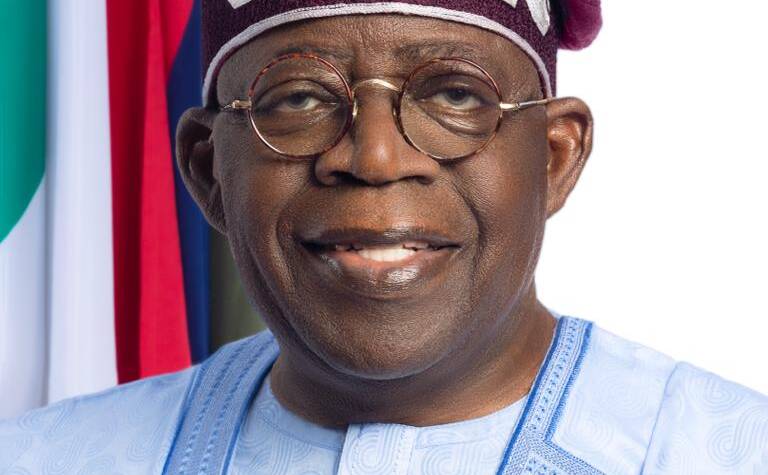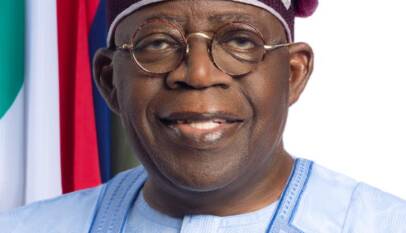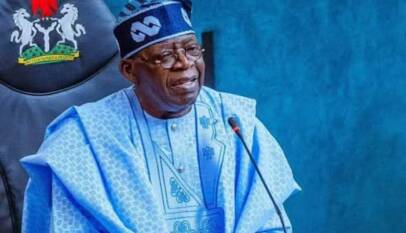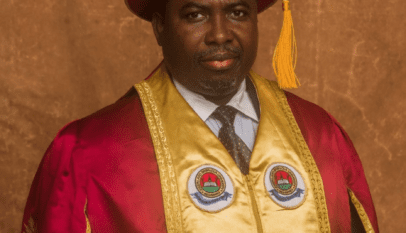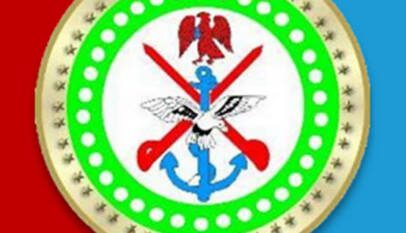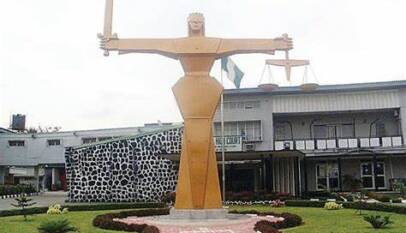The Labour Party, under the leadership of Senator Nenadi Usman, has sharply criticized President Bola Tinubu for rewarding Nigeria’s female national football team, the Super Falcons, in United States dollars rather than the Nigerian Naira.
In a strongly worded statement signed by Ken Asogwa, Senior Special Adviser (Media) to the party’s Interim National Chairman, the party described the president’s action as “utterly shameful” and a betrayal of national economic principles.
“It is regrettable,” the statement reads, “that the president—the primary custodian and presumed chief ambassador of the Nigerian Naira—opted to reward our gallant Super Falcons in foreign currency.”
The statement further added: “Watching the president on national television announce a financial reward ‘equivalent to $100,000’ was not only nauseating, but deeply unpatriotic.
Even if some argue he meant the Naira equivalent, the symbolic preference for the dollar over our national currency by the Commander-in-Chief reflects a disturbing economic mindset.
This act sends a troubling signal about the government’s apparent lack of confidence in the Naira—the core symbol of our economic sovereignty. At this rate, one might wonder whether the national budget will soon be presented in dollars, or worse, in a basket of foreign currencies.”
The Labour Party accused the Tinubu administration of presiding over the continued devaluation of the Naira, noting that it has declined from an already fragile exchange rate of ₦500 to over ₦1,500 to the dollar under the current government.
“A president who avoids promoting his own country’s currency sends a dangerous message—to citizens, investors, and the international community—that the Naira is not worth defending,” the statement continued.
Referencing a recent World Bank report, the party pointed out that the Naira has been listed among the worst-performing currencies in Sub-Saharan Africa, depreciating by approximately 43% year-to-date—a development attributed to soaring demand for the dollar and diminishing public confidence in the local currency.
“When the highest office in the land sets such a tone,” the party concluded, “what moral authority do we have to ask others to believe in our currency? If this is not patriotism turned on its head, then what is?”

